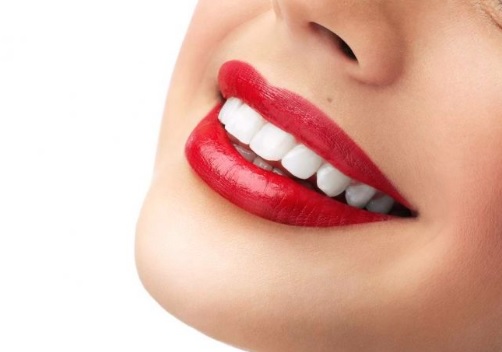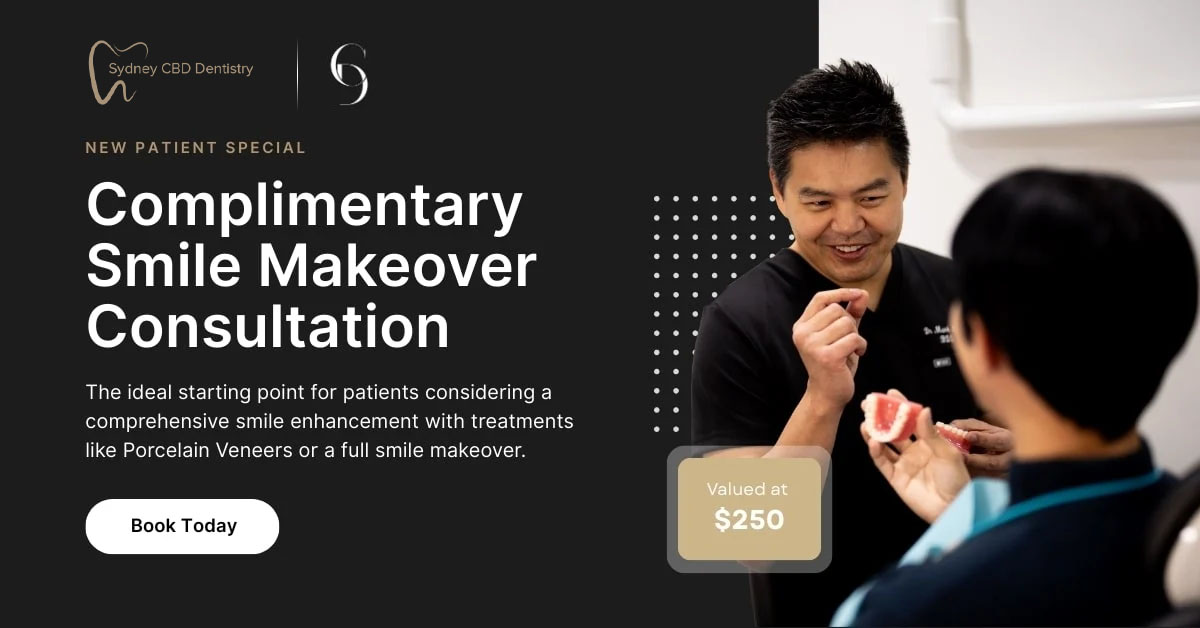Teeth Whitening Sydney CBD – What You Need to Know
Understanding Teeth Whitening
Teeth whitening, sometimes called bleaching, is a common cosmetic dental treatment that focuses on improving the shade of teeth. Many people seek teeth whitening in Sydney to manage stains or discolouration caused by food, drinks, smoking, or natural ageing.
There are two main approaches:
-
Over-the-counter whitening kits – Products purchased from stores or pharmacies.
-
Professional teeth whitening – Treatments provided by a professional teeth whitening dentist in Sydney, either in the clinic or through custom take-home kits.
Both methods use whitening agents, commonly hydrogen peroxide or carbamide peroxide, to break down stains on the enamel surface. The choice between these options depends on your oral health, lifestyle, and what your cosmetic dentist recommends.
Why Consider Professional Teeth Whitening?
While store-bought kits are widely available, professional teeth whitening Sydney CBD offers the advantage of being supervised by a dentist. This means your oral health can be assessed before treatment, and you’ll receive advice tailored to your needs.
A professional teeth whitening dentist in Sydney may use higher-strength whitening agents than over-the-counter kits, usually applied in a safe, controlled setting. In-chair whitening typically uses concentrated gels (such as 35% hydrogen peroxide) under supervision. Take-home professional whitening kits, on the other hand, involve custom-fitted trays designed to ensure even application.
It is important to note that results vary from person to person. Some patients notice a difference quickly, while for others, improvement is more gradual. Factors such as the original shade of your teeth, your lifestyle, and your dental health all play a role.
Who May Not Be Suitable for Whitening?
Teeth whitening is not suitable for everyone. Before starting treatment, your dentist will check your teeth and gums to ensure whitening is safe and appropriate. You may need to postpone whitening if you have:
-
Active gum disease
-
Untreated tooth decay
-
Significant tartar build-up
-
Very sensitive teeth or gums
It’s also important to understand that whitening does not work on dental restorations such as crowns, veneers, or fillings. If you have restorations in visible areas, your dentist can discuss alternative options for achieving a balanced appearance.
Risks and Side Effects
As with many dental treatments, teeth whitening can involve some temporary side effects. The most common are tooth or gum sensitivity, which often resolves after treatment. A professional teeth whitening dentist in Sydney can explain what to expect and how to manage sensitivity if it occurs.
Whitening products should always be used as directed. Overuse can irritate gums or damage enamel. That is why it is recommended to undergo professional teeth whitening rather than relying solely on unsupervised over-the-counter options.
How Long Does Professional Teeth Whitening Last?
One of the most common questions people ask about teeth whitening in Sydney is how long the results last. Professional teeth whitening is not permanent, and the duration of results varies between individuals.
On average, professional teeth whitening Sydney may last from a few months up to three years. Longevity depends on lifestyle habits and oral care routines. For example:
-
Frequent consumption of coffee, tea, red wine, or coloured foods can cause stains to return sooner.
-
Smoking significantly reduces the lifespan of whitening results.
-
Regular brushing, flossing, and dental check-ups can help prolong the effects.
Your dentist may also recommend occasional top-up treatments to help maintain your preferred shade over time.
Types of Professional Teeth Whitening Sydney CBD
A professional teeth whitening dentist in Sydney typically offers two main options:
-
In-Chair Whitening
-
Performed in the clinic under dental supervision
-
Involves a stronger whitening gel for faster results
-
May be more costly than take-home kits
-
-
Take-Home Whitening Kits
-
Custom trays created by your dentist for a tailored fit
-
Whitening gel provided for at-home use, usually worn daily for 1–2 weeks
-
More gradual results compared to in-chair whitening
-
Both options are effective when used correctly. Your dentist will recommend the best approach depending on your teeth, gums, and personal preferences.
Maintaining Results After Whitening
To make the most of your whitening treatment, aftercare is important. Here are some tips your dentist may suggest:
-
Brush and floss daily to prevent new stains.
-
Limit foods and drinks that commonly cause discolouration, such as coffee, tea, and red wine.
-
Rinse your mouth with water after consuming stain-causing foods.
-
Avoid smoking to preserve both your whitening results and your oral health.
Regular dental visits allow your dentist to monitor your oral health and provide advice on maintaining cosmetic improvements.
Is Teeth Whitening Right for You?
If you’re considering teeth whitening Sydney CBD, the first step is to consult with a professional teeth whitening dentist in Sydney. They will assess your oral health, discuss your goals, and explain whether professional teeth whitening is a suitable option for you.
Every patient’s experience is different, and outcomes vary. The key is to find an approach that is safe, comfortable, and tailored to your needs.
Learn More About Teeth Whitening Sydney
Professional teeth whitening Sydney CBD offers a safe and supervised way to enhance the appearance of your smile. While over-the-counter kits are available, working with a professional teeth whitening dentist in Sydney ensures the treatment is customised and your oral health remains the priority.
If you would like to explore your options, book a consultation with a dentist to discuss whether teeth whitening is appropriate for you. With the right advice and care, you can make an informed decision about this popular cosmetic treatment.





